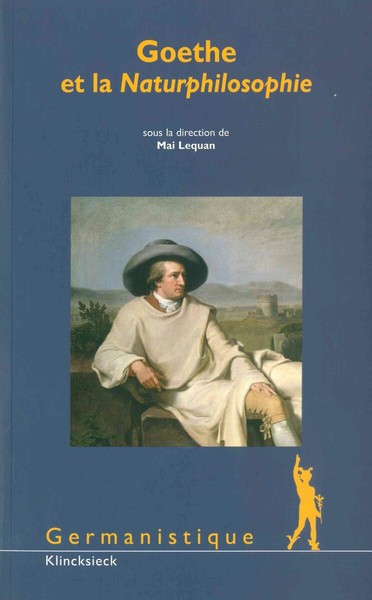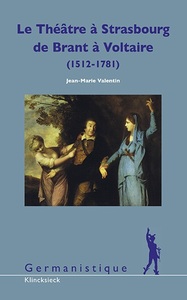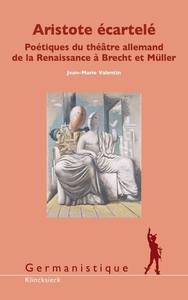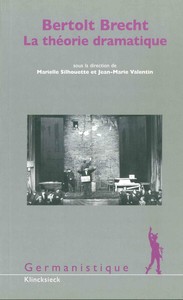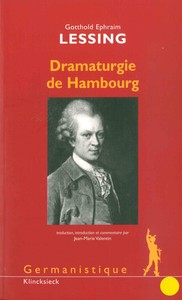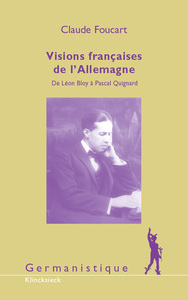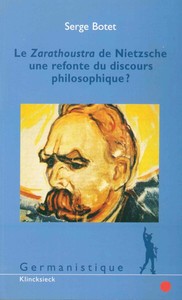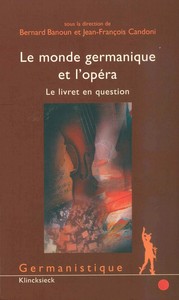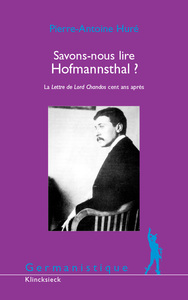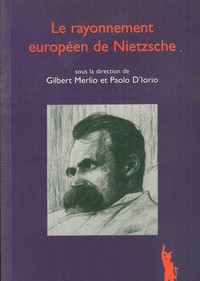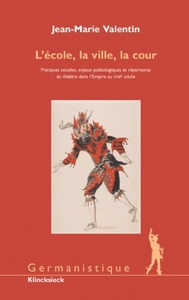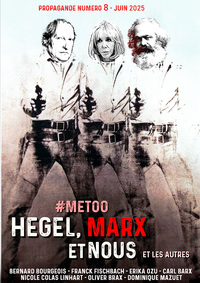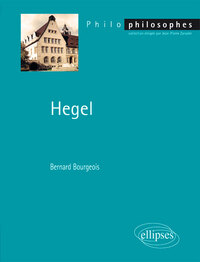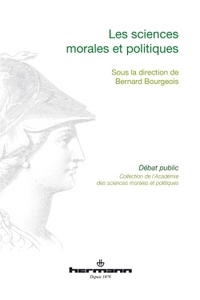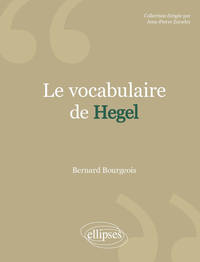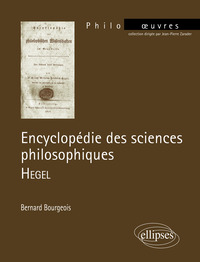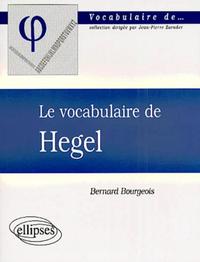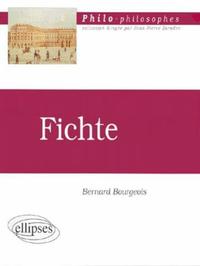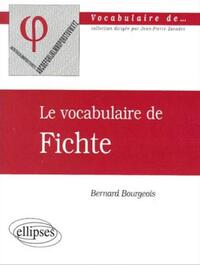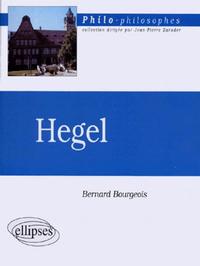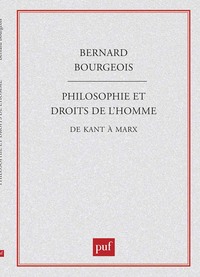Nous utilisons des cookies pour améliorer votre expérience. Pour nous conformer à la nouvelle directive sur la vie privée, nous devons demander votre consentement à l’utilisation de ces cookies. En savoir plus.
GOETHE ET LA NATURPHILOSOPHIE
EAN : 9782252036358
Paru le : 8 juil. 2011
-
 Livraison gratuite
Livraison gratuite
en France sans minimum
de commande -
 Manquants maintenus
Manquants maintenus
en commande
automatiquement -
 Un interlocuteur
Un interlocuteur
unique pour toutes
vos commandes -
 Toutes les licences
Toutes les licences
numériques du marché
au tarif éditeur -
 Assistance téléphonique
Assistance téléphonique
personalisée sur le
numérique -
 Service client
Service client
Du Lundi au vendredi
de 9h à 18h
- EAN13 : 9782252036358
- Collection : GERMANISTIQUE
- Editeur : Klincksieck
- Date Parution : 8 juil. 2011
- Disponibilite : Disponible
- Barème de remise : NS
- Nombre de pages : 344
- Format : 0.00 x 15.00 x 24.00 cm
- Poids : 1.001kg
- Interdit de retour : Retour interdit
-
Résumé :
Goethe is not just a poet, playwright, novelist and artist. He is a philosopher and – even more to the point – a philosopher of nature. He showed an untiring interest in scientific questions (physics, the Theory of Colours, chemistry, meteorology, geology, mineralogy, morphology, botany and zoology) and profoundly influenced German natural philosophy from 1780 until 1830. Goethe's work is the ultimate standard of reference for an idealistic (Kant, Schelling, Hegel), as well as a romantic (Hölderlin, Novalis, Schlegel) approach to Naturphilosophie. According to philosophy historian Johann Hoffmeister, Goethe was, among the heterogeneous nebula of natural philosophers, like the "Sun in the centre of the planets." Goethe himself even considered his scientific writings as a major component of his work, and engaged in dialogue with distinguished scholars of his time (Cuvier, Geoffroy Saint Hilaire and the Humboldt brothers). His Naturphilosophie links a theory of knowledge to a redefinition of the experiment which favours recourse to visual intuition, as well as to the search for "original phenomena" (Urphänomen) and the metamorphoses caused by the latter. Hegel would later praise, in Goethe's Naturphilosophie, the “fully logical intuition [...] which ordains what is a mere phenomenon in a manner conforming to the concept's inner workings.”
This book sheds light on Goethe, this naturphilosoph who founded an intuitionist, phenomenist and even phenomenological episteme at opposite extremes to Descartes' or Newton's physico-mathematical, quantitative and intellectual sciences, and inaugurated an original way of understanding natural phenomena which comes into play on the frontiers both between the scientific disciplines and between philosophy and its other (science, literature).Mai Lequan, who holds an agrégation and a PhD in Philosophy from Paris IV-Sorbonne, is a senior lecturer at Université Lyon III. An expert in Kantian philosophy, she has also been focusing her work on German idealism (Hegel and Schelling).
- Biographie : Agrégée de philosophie et docteur de Paris IV-Sorbonne, Mai Lequan est maître de conférences à l'université Lyon III. Spécialiste de la philosophie de Kant, ses travaux portent également sur l'idéalisme allemand (Hegel et Schelling).

